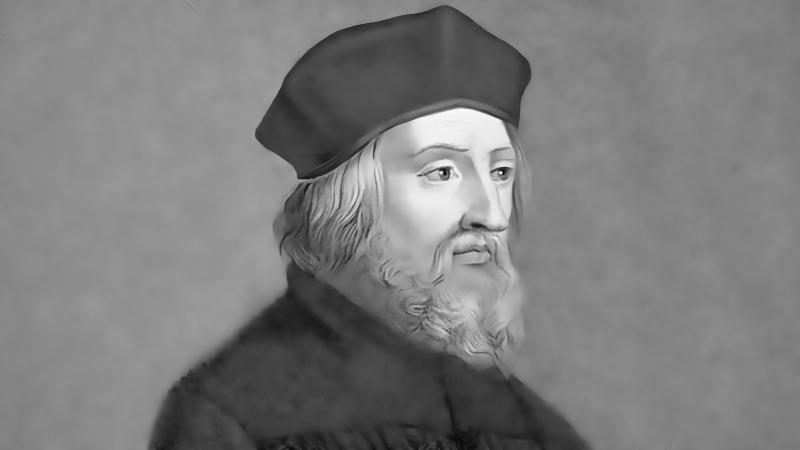
Jan Hus was a Czech theologian, philosopher, and reformer who lived in the late 14th and early 15th century. He is best known for his role in the Protestant Reformation and his criticism of the Catholic Church. Hus was born into a peasant family and received a formal education at Charles University in Prague. He became a priest and rose to prominence as a preacher at Bethlehem Chapel, where he gained a large following for his teachings on the Bible and against corruption within the Church.
Hus's ideas were heavily influenced by the writings of John Wycliffe, an English theologian who also challenged the authority of the Catholic Church. Hus believed that true faith should be based on scripture alone, rather than on the teachings of the Church. He also advocated for reforms such as allowing priests to marry and for services to be conducted in the local language rather than Latin.
Hus's criticisms of the Church led to his excommunication in 1410, but he continued to preach and gain support from both common people and nobles. In 1414, he was summoned to appear before the Council of Constance, where he was promised safe conduct by Emperor Sigismund. On arrival, however, he was arrested, condemned as a heretic, and subsequently handed over to the secular authorities to be burned at the stake when he refused to recant his teachings.

